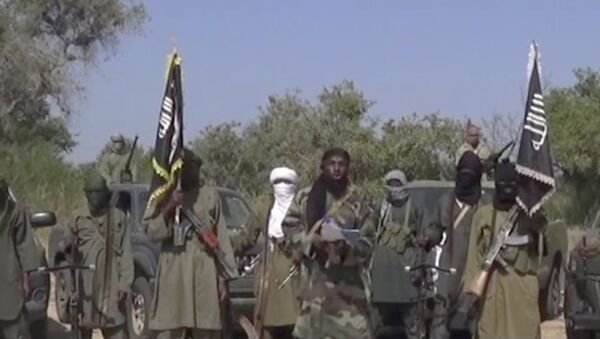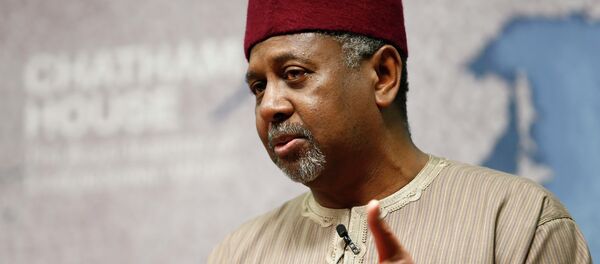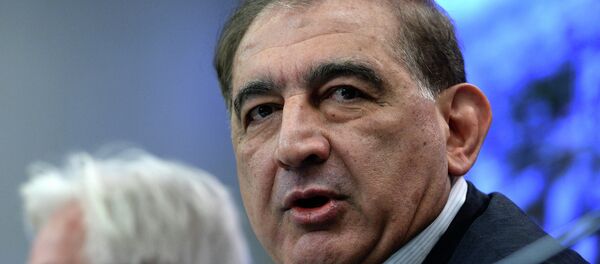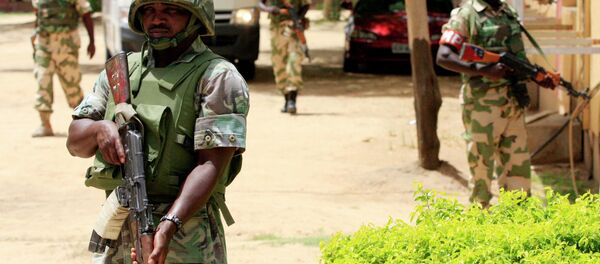Breaking Boko Haram
The Chadian military’s reputation as a no-nonsense fighting force preceded its intervention in Nigeria, having recently been deployed in Northern Mali in January 2013 to defeat the terrorists stationed there. France’s Operation Serval captured news headlines at the time, but aside from their ‘shock and awe’ aerial bombardments and select special forces operations, it was really the Chadians who fought the bloody war on the ground and liberated Mali, which was two countries away. Part of the reason why Chad’s forces are generally so effective is because they’re constantly fighting against a slew of rebel groups trying to overthrow the government, which has given them pivotal experience in countering guerilla/insurgent warfare, and places them a step above most of their Western counterparts in this regard.
Syria’s Struggle
The Syrian Arab Army (SAA) has been bravely fighting against all manner of terrorists over the past four years, succeeding in its equivalent of the Great Patriotic War where many others would have capitulated within a year. The SAA had previously put down a violent terrorist campaign by the Muslim Brotherhood in the early 1980s and engaged in peacekeeping in Lebanon for decades, demonstrating its lengthy experience in handling all sorts of military affairs relevant to today’s situation. By comparison, however, the intensity of the contemporary crisis enormously overshadows anything that the SAA (or any military, for that matter) had ever come up against, but still, through its skillful battlefield tactics and the supportive resolve of the Syrian population, the terrorists have been prevented from staging a full takeover of the state. Be that as it may, the SAA couldn’t fight in all directions at once, and while it was bogged down liberating its main cities from the externally supported regime-change ‘rebels’, ISIL was able to grow strong in the country’s distant and underpopulated desert regions.
Good Terrorist, Bad Terrorist?
The US’s hypocritical approach of implicitly supporting Chad’s anti-terror operations against Boko Haram while hampering the SAA’s against ISIL shows that it doesn’t think that all terrorists are equally deserving of immediate elimination. While it doesn’t obstruct Chad from destroying Boko Haram (despite its interests in keeping the group around), the US has got in the way of the SAA’s planned campaign against ISIL by refusing to create the conditions necessary for it (i.e. stopping support for behind-the-lines regime change forces). This dichotomy is due to ISIL’s existence serving two main strategic goals for the US, namely that it weakens the Syrian government by preventing the SAA from liberating the whole country, and it gives the ‘anti-ISIL’ coalition the excuse to conventionally intervene in Syria through the current bombing campaign (which can easily turn into a full-fledged Libyan-style regime change one should the decision be made).
The insidious approach of the US to ISIL is characteristic of the myth that there are ‘good’ and ‘bad’ terrorists, or to put it another way, that some terrorists are temporarily beneficial if their existence furthers certain short-term goals. American interests in West Africa through Boko Haram are apparently less important than those that it subjectively believes it has in the Mideast through ISIL, hence why it allows the first to be wiped out but wants the second to be preserved. The dangerous issue being overlooked, however, is that the longer the US plays its devious terrorist game of favorites and prevents the SAA from defeating ISIL, the greater the chance that Charlie Hebdo-like blowback will arrive on America’s own shores.





